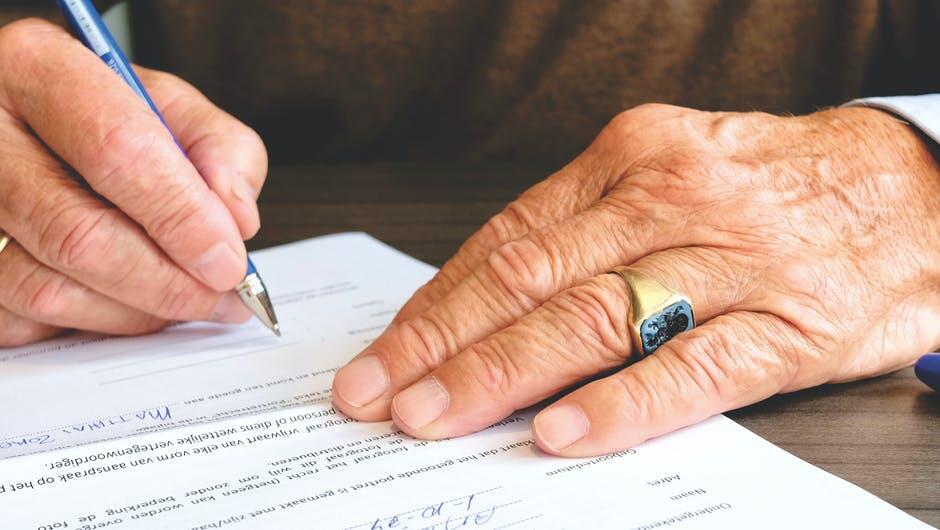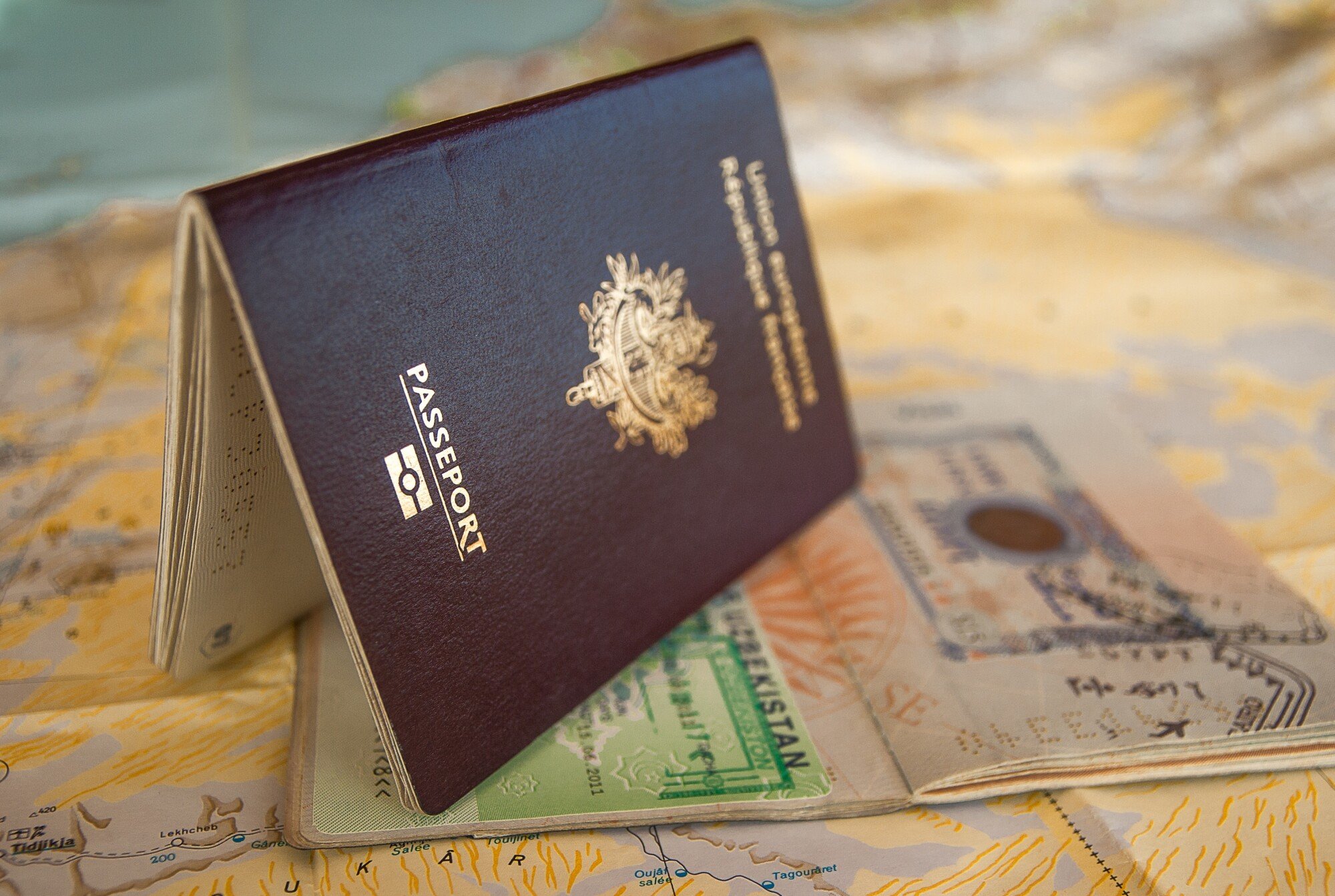Citizenship by ancestry permits obtaining citizenship by proving your ancestors were citizens of that country. This process is available in every country, each with its own eligibility requirements. American citizenship by ancestry follows the same principals.
People desiring citizenship in the U.S. can follow this process, and U.S. citizens desiring citizenship in another country may exercise the option. You must provide specific documents proving eligibility.
Keep reading if you want to know about obtaining American citizenship through ancestry.
Eligibility to Apply
Each country establishes requirements for obtaining citizenship by ancestry or descent. The main requirement is having ancestors who are or were citizens of the country where you seek citizenship.
Countries that allow for ancestry citizenship are:
- Africa: Tunisia, South Africa, Nigeria, Kenya, Cape Verde
- America: United States, Mexico, Dominican Republic, Costa Rica, Colombia, Chile, Canada, Brazil, Argentina
- Asia: Thailand, Taiwan, South Korea, Singapore, Philippines, Mongolia
- Europe: United Kingdom, Türkiye, Switzerland, Sweden, Spain, Slovenia, Slovakia, Romania, Portugal, Poland, Norway, Netherlands, Luxembourg, Lithuania, Italy, Ireland, Hungary, Greece, Germany, France, Finland, Estonia, Denmark, Czech Republic, Austria
- Middle East: Oman, Kuwait, Jordan, Israel, Bahrain
- Oceania: New Zealand, Fiji, Australia
You apply for citizenship with the immigration authority in the desired country. All the evidence necessary to prove your lineage must accompany the application.
Eligibility for U.S. Citizenship
There are two ways to become a citizen of the U.S.: by birth or naturalization. Birth citizenship is either jus soli (through place of birth) or jus sanguinis (through descent from parents). Jus soli applies to anyone born within the 50 states, U.S. Virgin Islands, Puerto Rico, or Guam.
Most people born in the U.S. or its territories are automatically citizens. The exception is some children whose parents are foreign government officials on assignment in the U.S.
People possessing the following documents are U.S. citizens and may apply for a U.S. passport, which can serve as proof of citizenship. If you lost your copy of the document, contact the appropriate authority for a certified copy.
- U.S. birth certificate
- Consular Report of Birth Abroad (Form FS-240)
- Certificate of Citizenship
- U.S. Naturalization Certificate
A Consular Report of Birth Abroad (CRBA) certifies a child, even though born on foreign soil, has U.S. citizenship at birth because their parents are U.S. citizens. The parents report the birth to the U.S. embassy or consulate overseas, and that agency issues the CRBA.
Children born abroad and adopted by American parents do not automatically become U.S. citizens. The Child Citizenship Act of 2000 governs naturalization for these children.
Requirements to Establish Citizenship
Establishing citizenship in the U.S. through the decedent process begins with proving your parent was an American citizen at birth. You must supply documents proving your relationship with that parent.
The American parent must provide evidence of their residency within the United States for a specific period before the applicant’s birth. Numerous variables surround the residential requirement based on the applicant’s date of birth, whether the applicant was born to married parents or out of wedlock, and whether the American parent is the child’s mother or father.
Because various scenarios determine eligibility, it is essential to scrutinize the factors determining eligibility. You must enclose all document evidence with the application. Failure to include proof will result in denial.
An immigration attorney can ensure your application meets the requirements of the U.S. Citizenship and Immigration Services. People who self-file often make mistakes. In July 2023, 53,278 applicants received denials because of application errors.
The waiting period is about a year from the date the application is submitted. Once approved, you can enjoy the same benefits as other U.S. citizens.
Benefits of Citizenship by Ancestry
The cost of obtaining an American CBA is generally lower than that of other methods. This is because immigration law does not require purchasing property, investing in business, or living in the US to obtain citizenship.
CBA provides the benefits of dual citizenship. You enjoy the benefits and privileges of both countries, including the ability to live, study, and work in both countries. You may apply for education benefits, healthcare subsidies, and social security like any other citizen.
Contrary to what many believe, the U.S. does allow dual citizenship by default. Although the Oath of Allegiance to the United States requires renouncing allegiance to another nation, it does not address dual citizenship. In Kuwakita v. United States, 343 U.S. 717 (1952), the U.S. Supreme Court states that a person can have and exercise nationality rights in two countries and be subject to responsibilities in both.
Citizenship in the U.S. entitles you to voting rights and the ability to obtain an American passport. The American passport ranks seventh most powerful globally, sharing placement with Canada and Hungary. Holders have access to 188 locations around the world.
With your new citizenship, you can apply for green cards for family members still living abroad. As of January 2022, the U.S. has 12.9 million lawful permanent residents, and 9.2 million are eligible for naturalization after five years of permanent residency.
Ancestry Visa vs. Ancestry Citizenship
Ancestry visas are not available in the United States. They are utilized in the United Kingdom to allow immigrants to live, work, and study in Great Britain for a specific period. After five years, the immigrant must apply for a visa renewal or permanent residency.
The United States has nothing equivalent to a UK ancestry visa. The closest immigrant law allows citizenship by ancestry.
There is also the Doctrine of Constructive Retention, a process of obtaining citizenship despite a missed generation of family connections. This applies to people born abroad who were unaware they had an entitlement to citizenship through a parent who was a U.S. citizen.
The double retention portion of the law applies to grandchildren whose parents were unaware of citizenship entitlement, allowing the grandchild to obtain citizenship. This is a more complex form of ancestry citizenship, best handled by an experienced immigration attorney.
Hire an Immigration Law Attorney
Hiring the correct type of attorney is essential when seeking citizenship by ancestry. Many people confuse international law, which governs the relationship between sovereign states, with immigration law, which regulates who can enter a country and how long they can stay.
The US Immigration attorneys at Boyer Law Firm can help you with all your immigration needs, including determining if you qualify for citizenship based on ancestry. Call to schedule a consultation at our offices in Jacksonville +1 (904) 236-5317, Orlando +1 (407) 574-2573, or Miami +1 (305) 921-9665.





